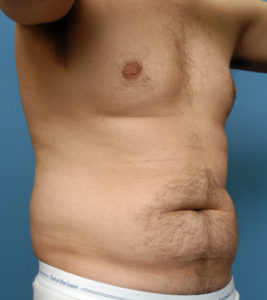
This probability is fairly well recognized today as much greater credence is given presently to the concept that I grew up with known as a ‘glandular’ problem. Today we refer to it as a genetic predisposition or a familial tendency towards weight gain. But even accepting that premise (which I believe has a lot of truth) still does not seem to explain the great diversity of body types one sees and how they respond to their lifestyle. I see lots of hospital employees , for example. who carry a gallon of water with them every day and purportedly eat very little but never lose much weight. And then there are others who pretty much eat what they want and yet remain fairly trim.
In reading Michael Hanlon’s book, ’10 Questions Science Can’t Answer (Yet)’, he reports a fascinating study as a spin-off to the movie Supersize Me in which the journalist Morgan Spurlock ate nothing but from a McDonald’s menu for several weeks. His weight gain and other ailments are well chronicled including the onset of incipient liver disease. In 2006, that ‘experiment’ was repeated in Sweden under more controlled circumstances using 18 volunteers. While all subjects gained weight, they did it in surprising variable amounts and some gained very little. Some subjects cholesterol levels actually dropped! And none developed the elevated liver enzymes until much later in the study. (one month in duration) What does this prove? At the least it suggests that increased fatness, if you will, is more than just calories. It is a complex interaction of diet, genetics, intestinal absorption capacity, and probably something in the fat cells themselves that has yet to be described.
As I look at the tremendous variability in body types that I see everyday, and listen to the complaints of patients who have valiantly tried to reduce body areas they do not like (contrary to popular belief, we really don’t see a lot of tremendously overweight people for body contouring surgery), I have come to realize that for many of them their ‘problem’ is really a surgical one. Nothing short of sucking it out by liposuction or cutting off of the excess in a variety of excisional procedures (e.g., tummy tuck) can really make a difference for them. Diet and exercise certainly helps but is not a dramatic solution for most.
Dr Barry Eppley
Indianapolis, Indiana


